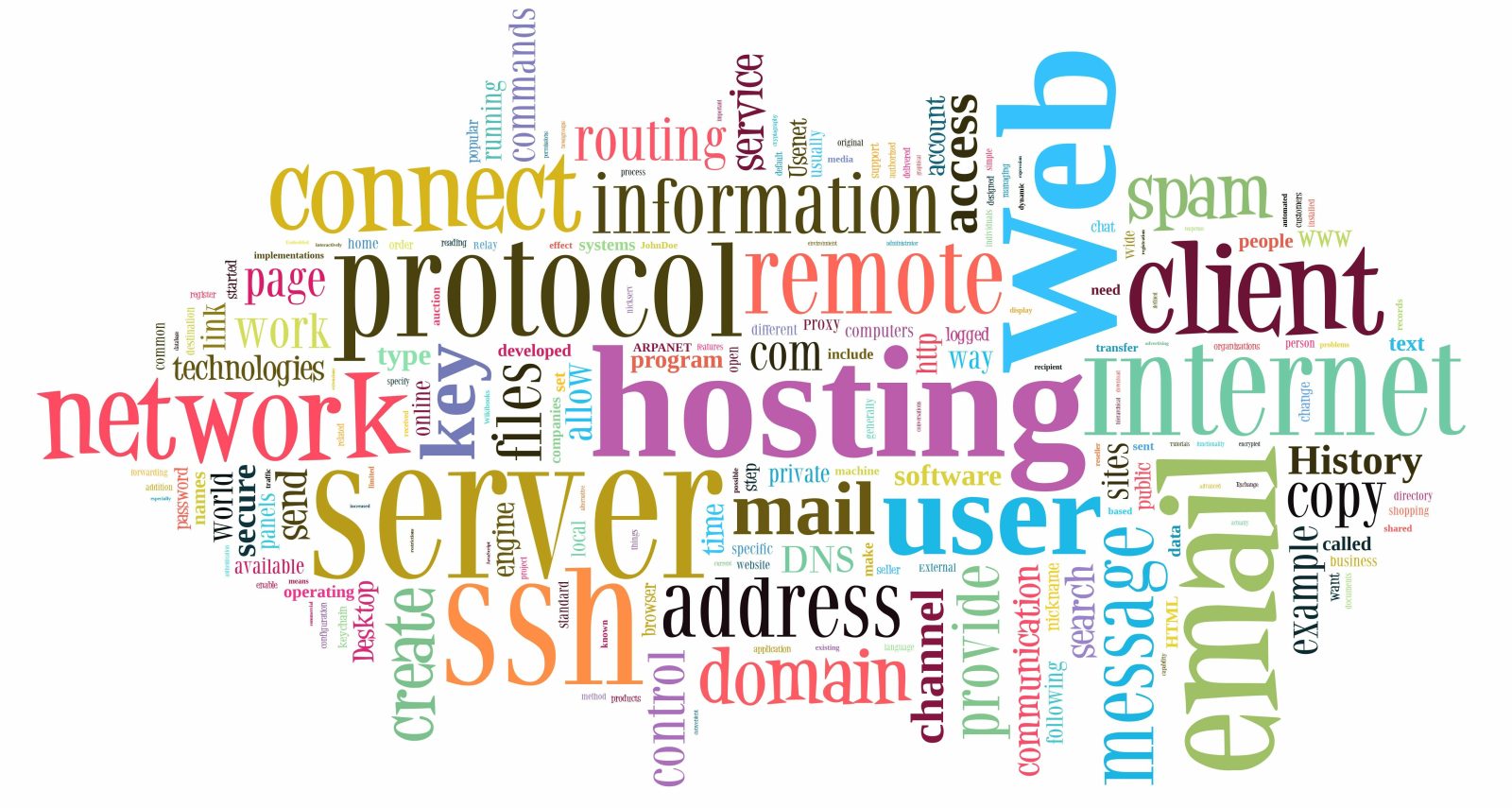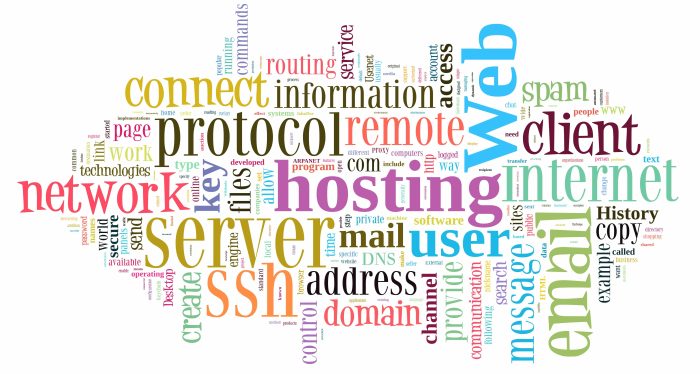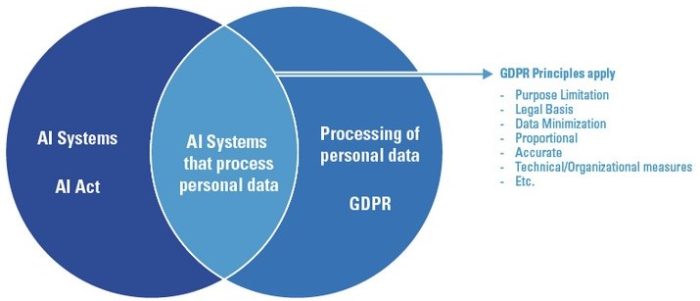In October 2000, a small email service was born far to the north in Oslo, Norway. Our mission from the start was clear – to create innovative tools that bring people together in meaningful, enjoyable ways – and to provide a lasting home for their digital conversations.
Over the years, we’ve grown not only in scope but also in purpose. Inspired by our Norwegian heritage, our mission has expanded to champion privacy, data security, and sustainability – delivering services powered by our country’s abundant renewable energy.
At our core, we remain committed to offering premium, secure, and eco-conscious email services at accessible prices available to everyone. That’s why we are excited to announce that our popular 3-year plans are now available for sub-accounts too!

Whether you’re managing email accounts for your family, small business or organization, you can now enjoy the same long-term savings and peace of mind for all your sub-accounts. No more annual renewals, no more hassle – just seamless, secure email service.
(more…)













